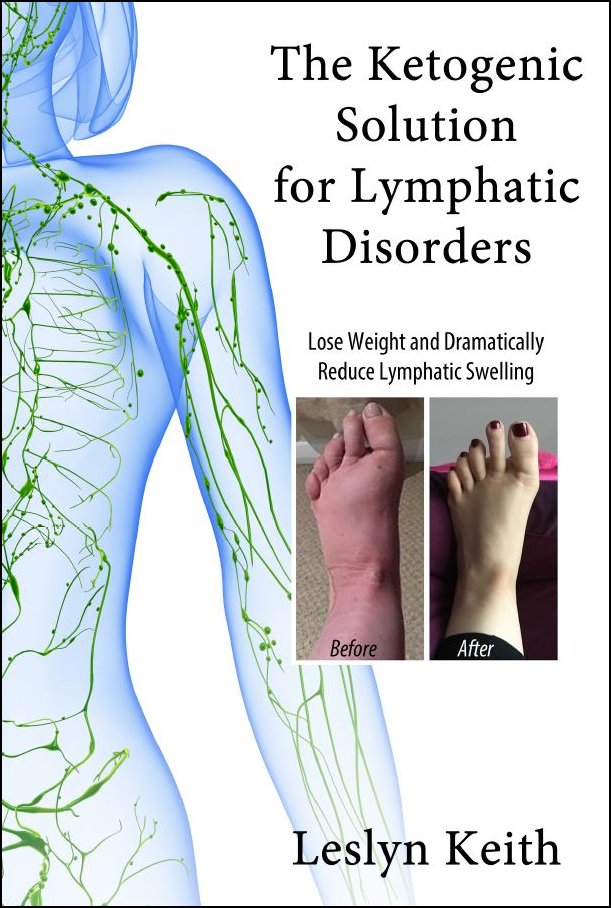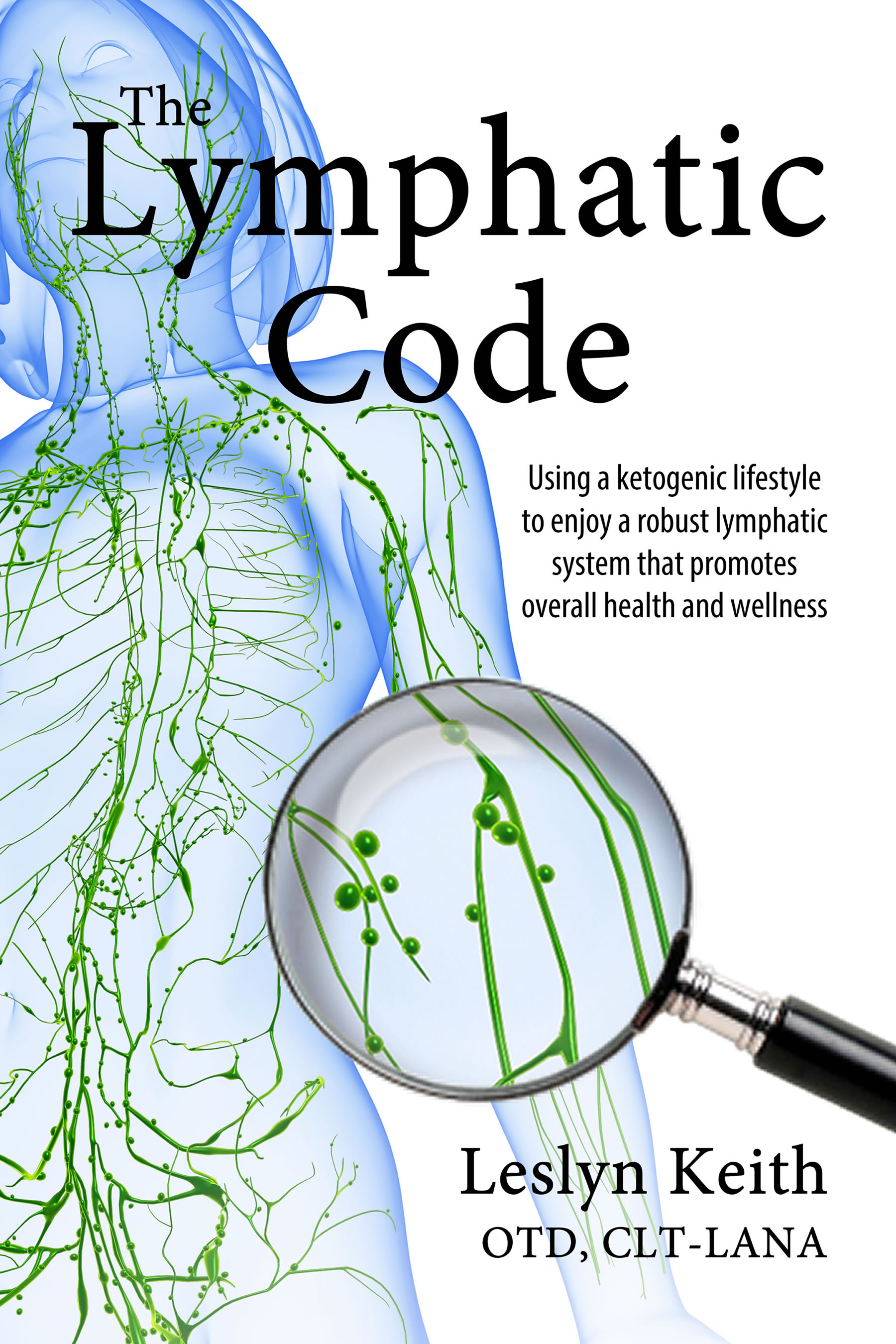Common Ketogenic Diet Questions
Common Questions Upon Hearing for the First Time
that Carbs are Bad and Fat is Good
Part 2
Here are a few more of the common ketogenic diet questions that I received from the Community College Health class where I have given nutrition presentations. I always look forward to getting challenging questions, as that shows people are thinking about what I have discussed. That’s the first step in understanding!

Students' Ketogenic Diet Questions
You state that when hungry, eat as much as you want on a ketogenic diet, yet are we not supposed to limit our protein intake? You are correct that it is healthy to limit the amount of protein you eat. However, protein is very satiating and you will probably not eat too much protein if you are consuming real foods, such as meat and vegetables. It is now thought that a good amount of protein to consume each day is .75 grams to 2 grams per kilogram of lean body mass, but up to twice that amount shouldn’t cause problems in a healthy individual.
Is soy sauce good or bad for the LCHF Keto diet? I don’t use any soy products myself because in this country soy is very modified and possibly not healthy. Since I’m not entirely sure it is good for me, I do fine not having any at all. Other people on keto do consume soy on occasion. A good substitute for soy is coconut aminos.
So, can we eat any types of meat? Meats that are not processed may be better for us. Sausage, pepperoni, salami, hot dogs, etc may have additives that we don’t want. Check the ingredients before using a processed meat to see if sugar, starch, or wheat was added. Some butchers make their own sausage and you can ask them what is in it rather than having to rely on a label.
How long until you can start adding food that accommodates your eating? Most people can become adapted to a keto way of eating within a month or so if being very strict. Some people prefer to ease into a low carb lifestyle and gradually give up sugary, starchy foods. It is very important to get your carb intake low before you start adding more fat to your diet. Once you are “fat-adapted” and feeling good on a ketogenic way of eating, you may start experimenting with other foods, such as lower glycemic fruits or nut flours, to see how you feel. Generally, if you notice bloating, gastrointestinal upset, gas, weight gain or other symptoms from a certain food, then it may not be a good food choice for you.
Is the ketogenic diet possible to do for people who are vegetarian? Yes, particularly if you will eat dairy, eggs and fish. It is difficult to get complete proteins, all essential vitamins and minerals, and enough fat on a plant-based diet. Vegan-keto can be particularly challenging. Your reasons for being vegan may not be compatible with reasons for wanting to be keto.
What oils should people cook with? This is a common ketogenic diet question. Stable saturated or monounsaturated oils that can tolerate high temperatures are best. These would be coconut oil, avocado oil, bacon fat, lard, tallow and butter. Do not cook with olive oil. This is best used as a salad dressing. Heat increases the oxidizing of fats, especially unsaturated oils.
Can I drink coconut water instead of water? Sure, if you like the taste! I prefer unsweetened coconut milk instead, because coconut water has all the delicious and nutritious fat removed.
Where does wine fall on this list? It is recommended to not have any alcohol when first transitioning to keto for a variety of reasons. First, your body will burn fuel sources in this order: alcohol, sugar (carbs), and lastly fat. It is a bodily emergency to get alcohol out of your blood, so this fuel must be disposed of first. While you are burning alcohol, you cannot burn carbs and you can’t burn fat. Second, wines are made from fruit so you will also be increasing your carb intake. That said, many people on keto drink alcohol. If you chose to do so, you may want to drink the lowest carb options. Beer, because it is made from grains, is very high carb. Wine, consumed in small amounts, may be a better option.
Although sugar that comes from fruit is natural, why is it compared to processed foods? All carbs, whether simple, complex or processed, are reduced to sugar in our bodies. Simple carbs, such as table sugar, honey or fruit, are seen just the same in our body as complex carbs, such as whole wheat bread or broccoli. Many processed foods have sugar or starch added to them which means that they add to the overall carb burden in our body.
Books by Leslyn Keith, OT
|
Buy the print softcover book on Amazon Buy the E-book via Paypal |
Buy the print softcover book on Amazon Buy the E-book via Paypal |

